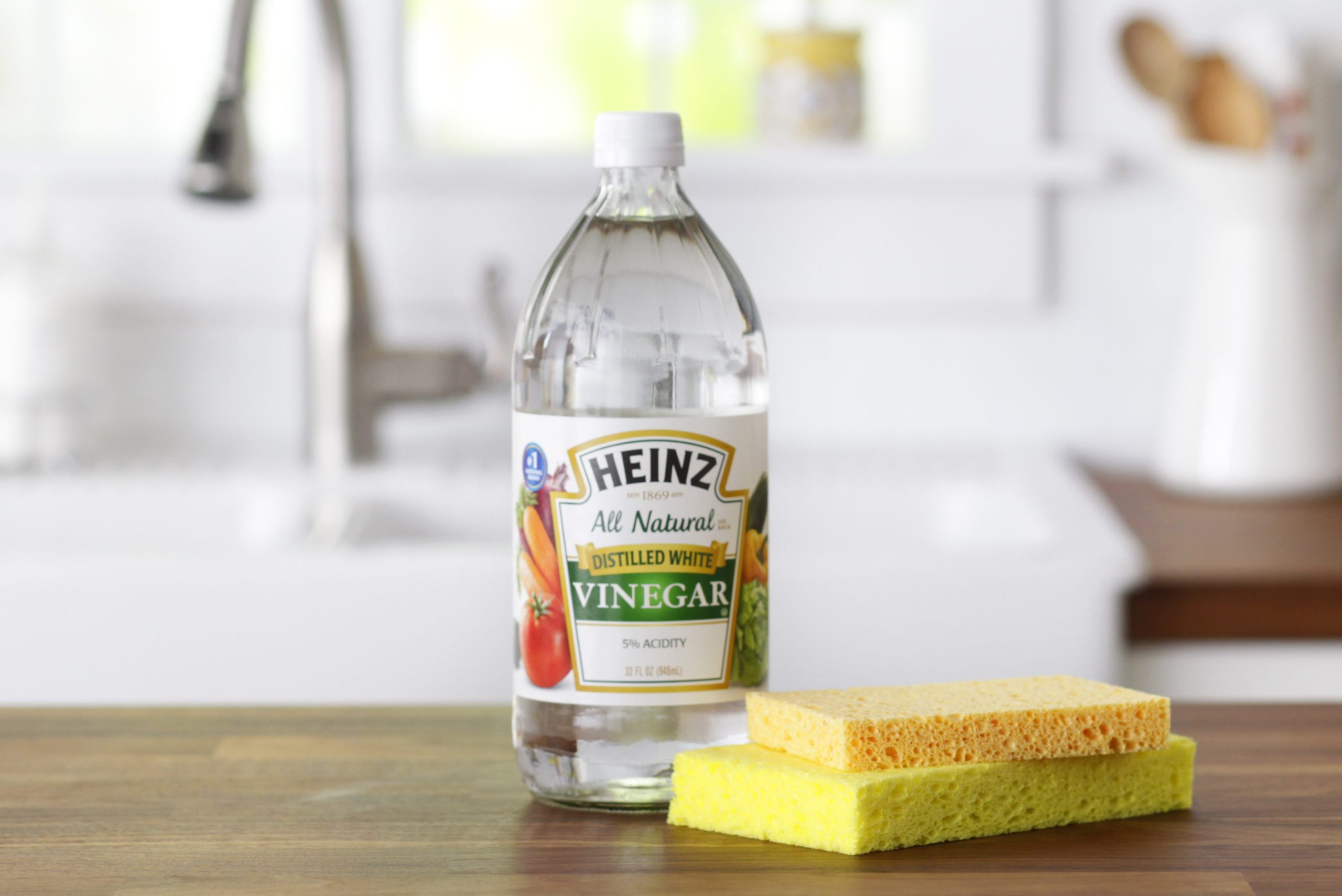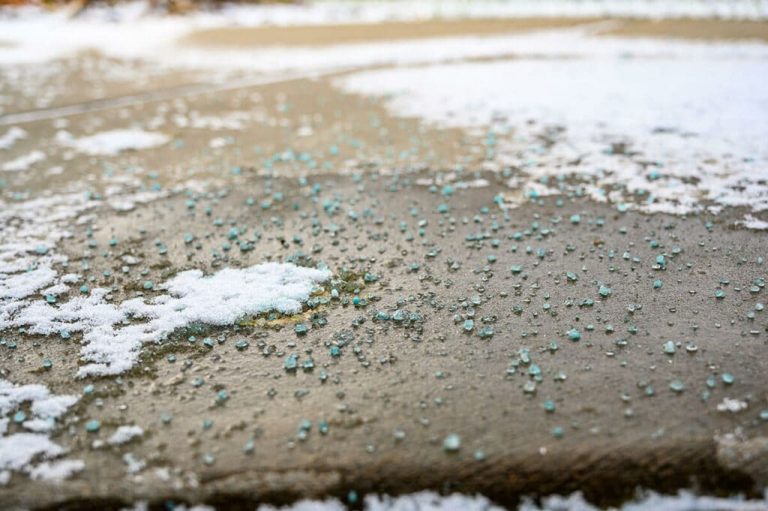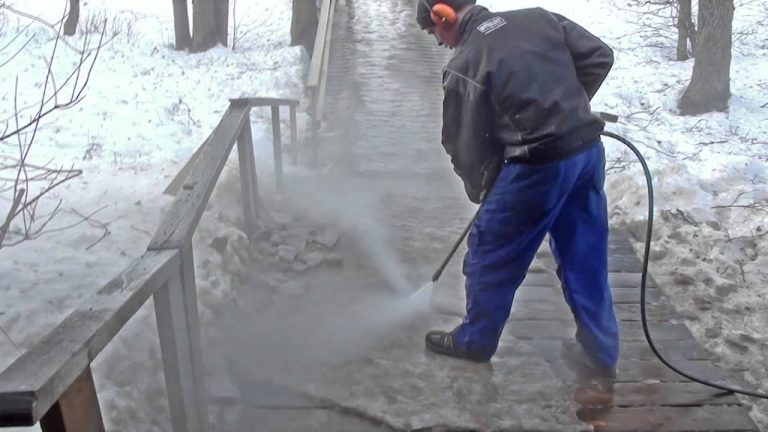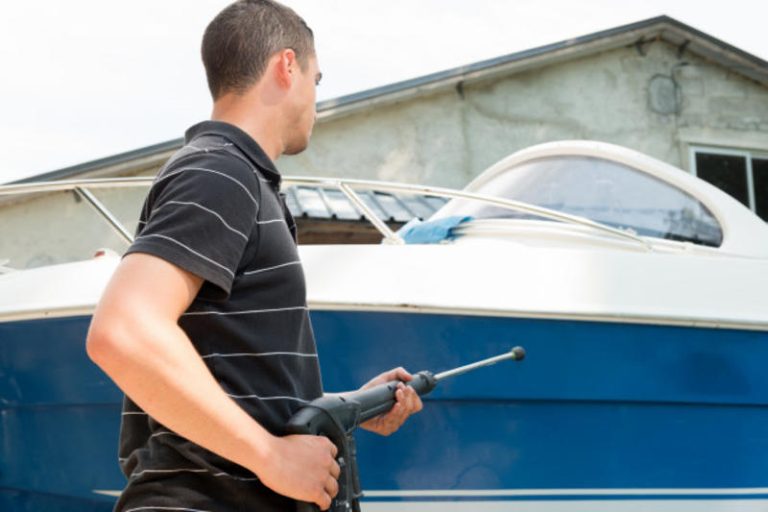
When it comes to cleaning the exterior of your home, pressure washers are powerful tools. But many people hesitate to use harsh chemicals or detergents that might harm plants, pets, or the environment. 🌎🐾 That’s why a common question pops up:
“Can I use vinegar or other natural solutions in my pressure washer?”
The short answer? Yes — but with limitations. Natural solutions like vinegar, lemon juice, and baking soda can be effective, eco-friendly cleaning agents, but you need to understand how and when to use them safely and correctly. Let’s break it all down. 💦
🧪 Why Use Natural Solutions?
Traditional pressure washer soaps can contain:
- Harsh surfactants
- Petroleum-based chemicals
- Bleach or phosphates
These substances may clean well, but they also pose risks:
- They can damage nearby plants or lawns 🌿
- They may be toxic to pets if left behind
- Runoff can contaminate water sources or soil
- Harsh ingredients may corrode equipment over time
Natural options offer a gentler — and greener — way to clean while still getting good results.
🍋 Vinegar: A Powerhouse Natural Cleaner
Vinegar is one of the most popular natural cleaning solutions. It’s:
- Non-toxic and biodegradable
- Naturally antimicrobial
- Great at cutting grease, mildew, and mineral stains
Most people use white distilled vinegar, which has about 5% acetic acid — strong enough to tackle grime, yet safe for most surfaces.
✅ Best Uses for Vinegar in Pressure Washing
- Vinyl siding with mildew stains
- Brick patios with mineral deposits
- Outdoor furniture
- Trash cans and bins
- Plastic playground sets
To use it, mix equal parts vinegar and water in a pump sprayer, then let it dwell on the surface for 10–15 minutes before rinsing with your pressure washer. You can also put a vinegar-based mix into your detergent tank — but only if your washer is rated for natural or biodegradable cleaners.
⚠️ Important: Don’t put undiluted vinegar directly into a pressure washer without checking the manufacturer’s instructions first. Some internal seals and parts may corrode over time.
🥄 Other Natural Pressure Washing Solutions
Looking to mix things up beyond vinegar? Here are a few other great options:
🍋 Lemon Juice
Natural citric acid gives lemon juice degreasing and brightening power. Great for:
- Light surface mold
- Wooden fences or decks
- Metal railings
Mix it with water and spray it on with a garden sprayer or pressure washer attachment. Bonus: it smells amazing. 🍋✨
🥄 Baking Soda
Mildly abrasive and deodorizing, baking soda can help scrub:
- Mildew from decks
- Grease from outdoor grills
- Scuff marks on garage floors
Make a paste with water, apply with a brush or rag, let it sit, then rinse with your washer.
🍃 Castile Soap
Made from natural oils, this soap is biodegradable and pressure washer-safe. Add a small amount to warm water in your detergent tank and pair it with vinegar or lemon juice for extra cleaning power.
❌ What Not to Use
Not all “natural” things are pressure washer safe. Avoid:
- Essential oils: Can clog nozzles and hoses
- Thick pastes or powders: May damage internal components
- Undiluted lemon or vinegar in metal washers (can cause corrosion)
Always strain mixtures and stick to diluted liquids when adding anything to your detergent tank. 🔧
🌿 Eco-Friendly Store-Bought Alternatives
If you want the convenience of pre-made solutions but still want to keep things natural, look for:
- Biodegradable pressure washer soaps
- Plant-based detergents
- Brands that are EPA Safer Choice Certified
These are made to be safe for your pressure washer and the environment.
Browse Amazon Here For Eco-Friendly Pressure Washing Detergents
🧼 Best Practices for Natural Cleaning
- Pre-soak the surface with your natural solution and let it dwell for 10–20 minutes
- Scrub by hand where needed before pressure rinsing
- Rinse thoroughly afterward to remove residue
- Avoid direct sun when applying — it can evaporate your solution before it works
✅ Final Thoughts
So, can you use vinegar and other natural cleaners with a pressure washer?
Yes — and it’s a great way to clean responsibly. 🧽♻️
Just make sure to:
- Dilute properly
- Avoid harsh additives
- Follow your machine’s recommendations
- Test on a small area first
With a little planning, natural solutions can get the job done while keeping your family, pets, and garden safe. 🍋🧴💧
Browse Amazon Here For Eco-Friendly Pressure Washing Detergents






